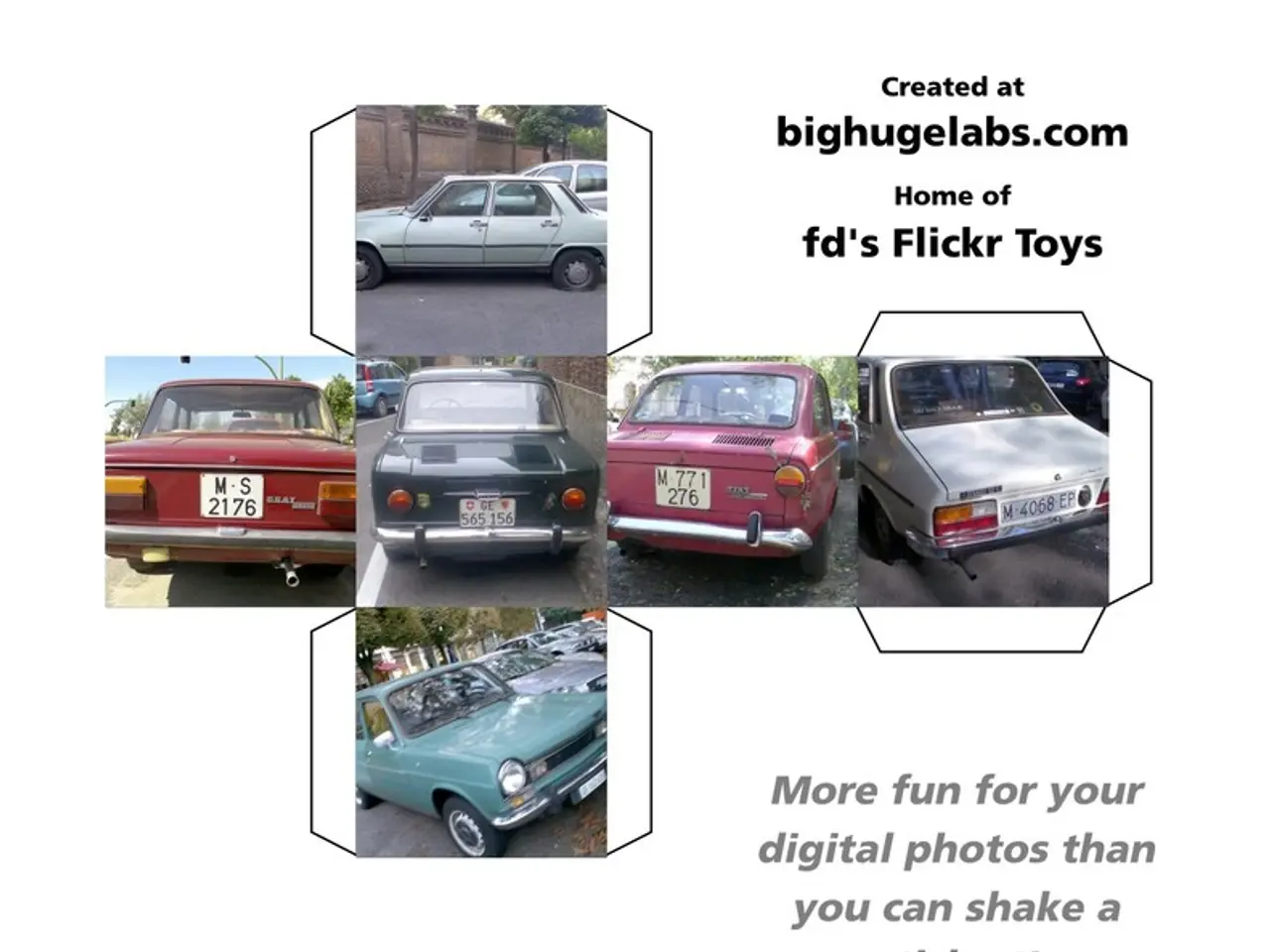Volkswagen's leader's comment appears to be slightly erroneous.
Volkswagen and Xpeng Collaborate on Joint Vehicle Platform for China
Volkswagen (VW) and Chinese electric vehicle (EV) manufacturer Xpeng have announced a collaboration on a joint electrical/electronic (E/E) architecture platform, set to launch in 2027. The partnership aims to integrate Xpeng's latest E/E technology into Volkswagen’s China-specific vehicle platforms, enhancing software iteration speed, over-the-air (OTA) updates, and shortening vehicle development cycles.
The joint E/E architecture will apply across Volkswagen’s battery electric vehicles (BEV), gasoline, and plug-in hybrid (PHEV) platforms in China. This platformization enables faster software updates and remote upgrades, accelerating vehicle development and allowing Volkswagen to achieve substantial platform-driven economies of scale in the Chinese market.
Volkswagen’s China CEO, Ralf Brandstätter, announced that technological excellence will not be limited to one powertrain type in the CEA platform. The collaboration will expand Volkswagen's EV lineup with models based on the jointly developed technology architecture slated for launch from 2026 onward, with all Volkswagen electric vehicles in China to feature the architecture by 2027.
This partnership deepens Volkswagen's software-defined vehicle strategy and strengthens its competitiveness in China. Xpeng, on the other hand, benefits from integrating its advanced architecture into a global automaker's platforms, signaling long-term strategic value creation for both companies. Besides technical collaboration, the partnership also includes joint procurement and shared ultra-fast charging network development.
Future Electric Vehicle Plans
Volkswagen plans to launch two jointly developed B-segment BEVs specifically designed for the Chinese market. The E/E architecture’s expansion to gasoline and PHEV vehicles underscores Volkswagen’s commitment to technologically upgrading all vehicle segments in China under this collaboration.
Despite declining demand for internal combustion engines, Volkswagen still dominates the market in China. However, the focus of Volkswagen remains on electric vehicles, despite optimizing its internal combustion models. Volkswagen plans to introduce 30 new electric models in China by 2030, aiming to modernize its internal combustion engines in China through this collaboration.
Recent criticisms in China referred to the "old-fashioned" image of the VW ID.4. In response, Volkswagen aims to address previous criticisms of "dated design" by developing locally tailored vehicles in collaboration with Xpeng. The washing of the VW Golf, for the first time in 10 years, revealed previously unseen details, further emphasizing the need for modernization.
This article was partly created with machine assistance and carefully checked by the editorial team before publication.
**References**
[1] Volkswagen and Xpeng to Collaborate on Joint EV Platform
[2] Volkswagen's China CEO Ralf Brandstätter on the Future of the Brand
[3] Volkswagen to Develop Locally Tailored Vehicles in China
[4] Volkswagen and Xpeng to Collaborate on Chip Technology
[5] Volkswagen's China Strategy Shifts Towards Software-Defined Vehicles
Read also:
- AI Inspection Company, Zeitview, Secures $60 Million Funding for Expansion
- Future of Payments: If the U.S. regulates stablecoins through the GENIUS Act, according to Matt Hougan
- Ongoing trade friction as the American administration levies fresh import taxes on goods arriving from China
- Exciting Activities and Productive Tasks You Can Perform on Any Personal Computer








